The following guest opinion piece, written by HJRA’s Outreach Director Ron Williams, appeared in the Portland Tribune and other Pamplin Media publications this week.

Last February, Oregon became the first state to decriminalize drugs through Measure 110. Prior to 110, almost 9,000 people in Oregon were arrested on drug possession charges each year. Measure 110 has averted thousands of these arrests. The significance of this cannot be overstated. As a Black man I should know.
When I moved here in 1984, the war on drugs was raging. Inner Northeast Portland was under siege. People were afraid to leave their homes or let their kids play outside. The neighborhood was dominated by gangs, drug dealers, drug seekers, and police. (And for people who look like me, the heavy police presence certainly did not make us feel safer.)
I worked at a local hospital, and it was there that I saw how pervasive drugs had become. It didn’t matter if you had a good job or were homeless; drugs were everywhere and it seemed like everyone was doing them. It was surreal to watch my co-workers — people with stable employment, happy marriages and homes — lost everything as they descended into addiction. I watched their careers disintegrate, their financial security evaporate, and their spouses and nice houses disappear. It really was a war waged against our community. And the drugs were winning.
Portland was supposed to be my fresh start, but my life eventually spiraled out of control too because of addiction. My wife left. She took our son with her. I lost my job. Eventually I lost my freedom.
Prison only put my addiction on pause. I was never offered help. When released I didn’t have any tools, ways of processing trauma, or mechanisms to cope with triggers and cravings.
It was soon after my release that I reconnected with an old friend and co-worker from the hospital. He was in recovery. In one conversation with him I went from feeling aimless to hopeful. I saw someone who had lived the same life I had, gotten help, and was now successful and doing good work in the community. It was then that I started to believe a different type of life might be possible for me too.
A lot of us in recovery have stories like these — of being shown a way out of addiction after an encounter with someone who cared. Such experiences are transformative, and they shouldn’t just happen by chance. There should be a system in place to connect people with support and give them the tools they need to live a better life. That’s exactly what Measure 110 does.
Decriminalization removes the ability of police to simply walk up to anyone (particularly young Black men) and use “searching for drugs” as a pretense to harass and detain them – or worse. That was part of my daily stress, and it perpetuated my addiction. Had Measure 110 been in place when I was struggling, I may have felt safe asking for help sooner. I may have connected with someone like me much sooner. That’s the system we’re creating now through Measure 110.
When it comes to healing the multi-generational harms of the war on drugs, there is still much work to be done. Thankfully we now have Measure 110 services to help heal those harms and decriminalization to help prevent new ones. As a member of the 110 Oversight & Accountability Council, I am proud to play a part in facilitating this healing through how our council oversees the program and funds services. 110 is already saving lives, connecting people to vital services, healing families, and restoring hope to the hopeless. And the best part? It’s just getting started.
Ron Williams serves on the Measure 110 Oversight & Accountability Council.
